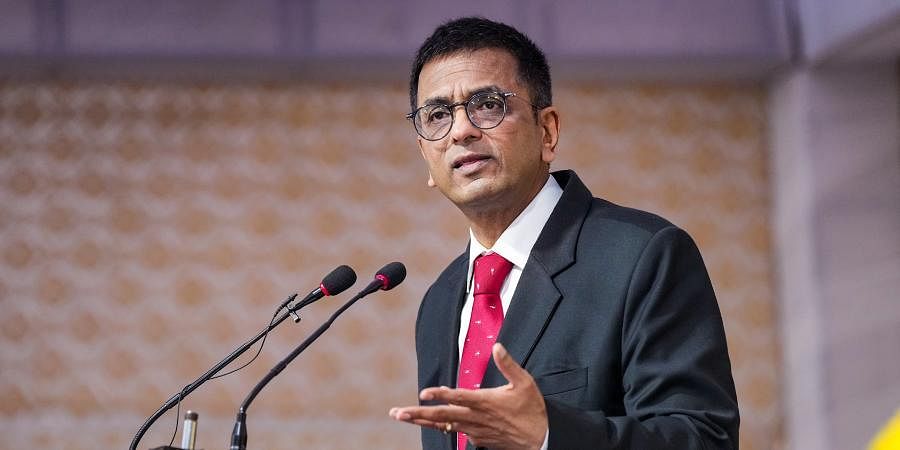In 2018, the Supreme Court used a legal concept called “indirect discrimination” to change Section 377.

In his 2018 landmark ruling, the Chief Justice of India, D. Y. Chandrachud, invoked the concept of indirect discrimination in law, in which laws that appear neutral may be disproportionately disadvantageous to a group of individuals. In doing so, he read down the law that criminalised homosexuality.
In a separate but concurring opinion, Justice Chandrachud acknowledged that indirect discrimination would contravene Article 14 of the Constitution’s fundamental right to equality just as much as “direct discrimination.”
This was the first occasion the Supreme Court incorporated indirect discrimination into its equality doctrine. A five-judge Constitution bench had interpreted Section 377 of the Indian Penal Code so as to criminalise “carnal relations against the order of nature.”
“A provision challenged as being ultra vires the prohibition on discrimination solely on the basis of sex under Article 15(1) is to be evaluated not by the objectives of the state in enacting it, but by the effect it has on affected individuals and their fundamental rights. “Any direct or indirect discrimination based on a particular understanding of the role of the sexe cannot be distinguished from the discrimination prohibited by Article 15 on the basis of sex alone,” Justice Chandrachud had stated.
Petitioners challenging personal laws that only recognise marriage between a man and a woman will again invoke the same principle.
Interestingly, among the five justices who rendered the 2018 verdict, only Justice Chandrachud remains in office. He will also preside over the same-sex marriage tribunal.
In his decision, Justice Chandrachud expanded the impact of decriminalising homosexuality to include not only the protection of privacy in private spaces, but also the freedom to navigate public spaces. “The right to sexual privacy, based on the right to autonomy of a free individual, must encompass the right of community members to navigate public spaces on their own terms, without interference from the state,” he wrote.
In his distinct opinion, Justice Chandrachud also cited the U.S. Supreme Court’s decision to recognise same-sex marriage. In 2003, the US Supreme Court ruled by a 5-4 majority that the Due Process Clause and the Equal Protection Clause of the Fourteenth Amendment guarantee the fundamental right to marry for same-sex couples.



